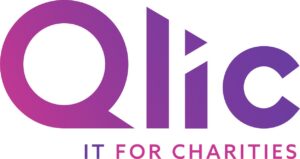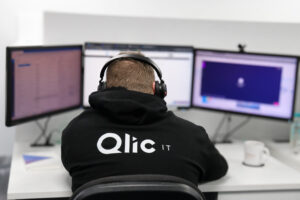The fast development of Artificial Intelligence (AI) has reshaped the digital landscape across numerous sectors. Not-for-profits, with their unique challenges, stand on the cusp of this revolution, poised to harness AI’s potential to advance their causes. From automating donor engagement to enhancing service delivery, AI offers a suite of tools that can drive charitable operations.
However, the path to integrating AI can sometimes be challenging with limited resources. As much as AI presents a border of possibilities, it also introduces new risks that cannot be overlooked. AI is not infallible, and any improper use can lead to unforeseen consequences, including data breaches and potential loss of public trust.
We’ve looked into findings from Charity Digital Skills Report 2023, which revealed that 27 out of 100 charities surveyed are already integrating AI into their day-to-day operations, with an additional 26 laying plans to adopt such technologies. These statistics highlight the growing preference towards AI and underscore the critical need for these organisations to understand both the potential rewards and risks involved.
This blog aims to serve as a comprehensive guide, offering not-for-profits a roadmap to navigating AI implementation. We will delve into the ethical considerations and potential pitfalls and present best practices.
Why AI brings potential risks and concerns to not-for-profits
The integration of AI within not-for-profit organisations brings a complex array of potential risks, particularly in terms of data management and privacy. AI relies on data, meaning nonprofits often may find themselves navigating the never-ending data collection, storage, and usage.
Privacy and ethics are concerns, especially when it comes to handling personal data. For charities, this raises critical questions about the extent to which AI can and should be used to process and analyse sensitive information. Without stringent controls and a clear framework, the use of AI can lead to breaches of privacy and data or even misuse of personal information.
Not-for-profits must adopt a conscientious approach to data governance. Organisations must ensure that their use of AI technologies aligns with data privacy to comply with legal regulations and maintain the trust of their stakeholders. The main things to consider are how data is collected, who has access to it, how it is stored, and the purposes for which it is analysed and used.
While AI holds the promise of transforming not-for-profit operations in a number myriad of beneficial ways, it also demands a heightened level of responsibility and vigilance. They must navigate the fine line between harnessing the power of AI and upholding the privacy and integrity of the data entrusted to them. This underscores the need for robust data governance policies and ethical AI usage frameworks that ensure technology serves the greater good without compromising individual rights or values.
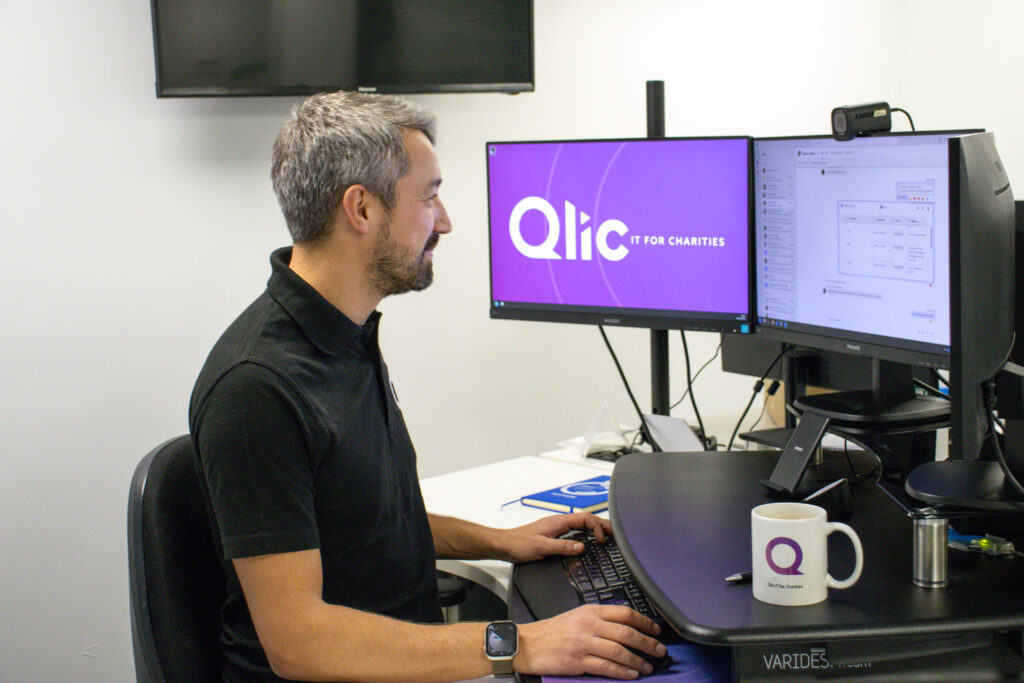
Potential risks of AI use for not-for-profits
In our AI for Nonprofits Guide, we explore the use of AI in the not-for-profit sector, uncovering a range of both benefits and potential risks for organisations. These risks pivot around crucial considerations such as data privacy, ethical AI use, and the consequences of algorithmic decision-making. For example, while AI can streamline operations and offer predictive insights, it also raises questions about bias, infringing on individual privacy, and the ethical implications of automated decisions.
Moreover, the risk of depending on technology isn’t always understood by its users and highlights the importance of digital literacy. Not-for-profits must ensure their pursuit of innovation does not compromise their core values or the trust of those they serve. This guide serves as a critical resource, offering insights and strategies to mitigate these risks.
Responsible AI Use Frameworks for Not-for-profits
Along with the adoption of AI by not-for-profits, there has been an effort to develop frameworks that align with best practices. These frameworks are crucial, serving as roadmaps that organisations can integrate into their AI training and operational strategies. They provide a structured approach to navigating the complex ethical, legal, and technical challenges that come with AI.
Fundraising.AI represents a convergence of AI technology and fundraising expertise, aiming to revolutionise how not-for-profits work. The collaborative framework is specifically designed to guide organisations in the ethical and effective use of AI in fundraising.
This framework emphasises AI ethics such as transparency, accountability, fairness, and user privacy in AI implementations. It advocates for the development and use of AI systems in a manner that is understandable and accountable to both the organisations using them and the individuals affected by their outcomes.
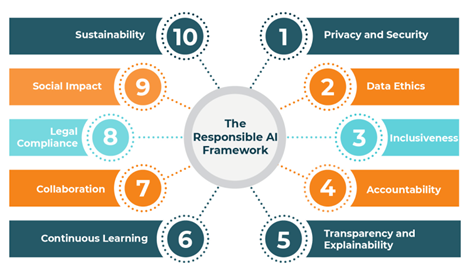
The framework outlines a series of best practices for not-for-profits, from ensuring that AI tools are used to enhance human decision-making. By familiarising themselves with the principles and operational guidelines of such frameworks, organisations can navigate the pitfalls of AI adoption, ensuring that their use of technology reflects their mission and values.
AI Best Practices for Not-for-profits
As explored, while AI offers numerous opportunities for non-profit organisations, it’s crucial to recognise the challenges and adhere to best practices to avoid potential pitfalls and compromise ethical standards or stakeholder trust. Failure to do so can lead to reputational risks that can tarnish the trust and integrity so crucial to charities’ success.
Outlined below are the AI best practices for not-for-profits, each of which will be explored in further detail.
- Select the right AI tool for your non-profit
- Train Staff and provide opportunities for continual upskilling
- Obtain Informed Consent
- Ensure High-Quality and Inclusive Data
- Emphasise Transparency and Accountability
- Conduct Regular Audits
- Stay Informed About AI Developments
- Maintain Human Oversight
- Practice Data Hygiene
- Avoid Plagiarism and Copyright Infringement
Select the right AI tool for your non-profit
This involves a careful consideration of your organisation’s specific needs and the capabilities of various AI tools, such as Microsoft Copilot, which has been shown to be highly effective for streamlining processes and increasing productivity For a more in-depth guide, stay tuned for our upcoming piece on the Best AI Tools for Non-profits.
Train Staff and provide opportunities for continual upskilling
The fast-evolving nature of AI technology necessitates ongoing education and training for staff to ensure they remain proficient at leveraging the tools effectively.
Obtain Informed Consent
This is essential in all data collection and processing activities; obtaining consent respects user privacy and aligns with legal and ethical standards.
Ensure High-Quality and Inclusive Data
The accuracy and fairness of AI outputs depend significantly on the quality and diversity of the input data.
Emphasise Transparency and Accountability
Make the workings of AI tools known and understandable to stakeholders to help encourage trust and accountability.
Conduct Regular Audits
Regular reviews of AI systems ensure they are functioning and adhering to ethical guidelines.
Stay Informed About AI Developments
Keeping abreast of the latest trends and advancements in AI can help organisations leverage new opportunities and avoid emerging risks.
Maintain Human Oversight
Ensuring there is always a human element in the decision-making process, especially in critical areas, helps in maintaining accountability and mitigating bias. This is also particularly important for the creation of ai generated content
Practice Data Hygiene
Regular cleaning and updating of data used in AI systems ensure their effectiveness and reliability.
Avoid Plagiarism and Copyright Infringement
It’s crucial to use AI in a manner that respects intellectual property laws and promotes originality.
Each of these practices are building blocks to creating an efficient framework for AI use within not-for-profit organisations. By adhering to these guidelines, charities can maximise the benefits of AI technologies while mitigating risks and upholding their mission and values.
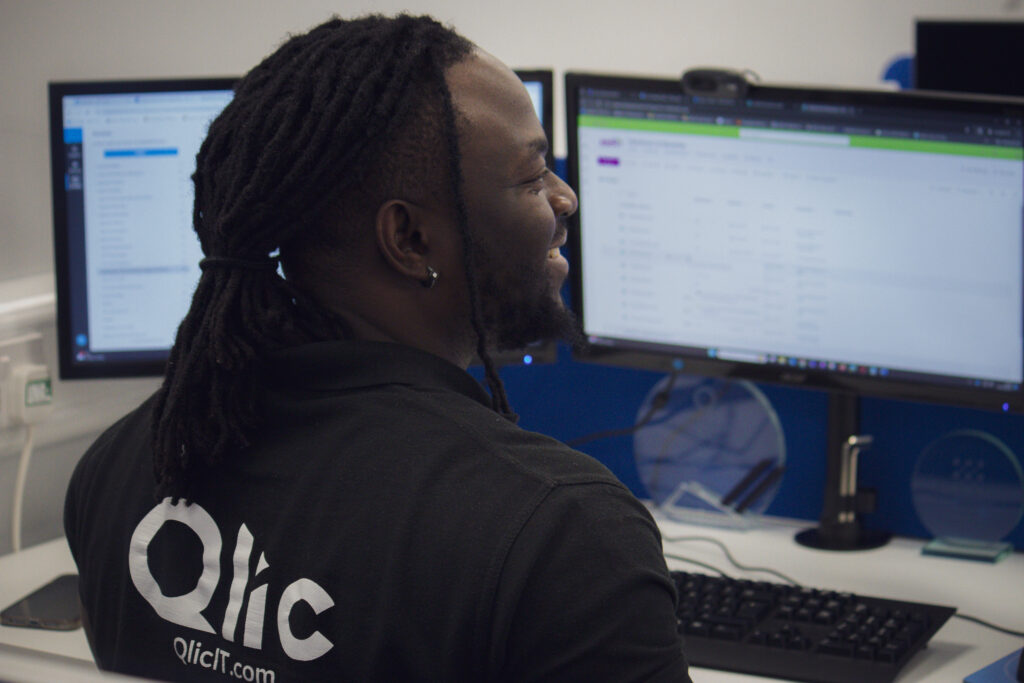
Closing Thoughts on AI Best Practices for Not-for-profits
In conclusion, the journey toward integrating AI within the not-for-profit sector is fraught with both incredible potential and challenges. In this blog, we have spanned the landscape of AI adoption, highlighting the transformative opportunities of operational efficiency, donor engagement, and service delivery.
We highlighted the significance of data privacy and ethical AI use, pointing out the critical need for frameworks that guide responsible AI implementation. Best practices were outlined to harness AI’s capabilities without compromising on core values or stakeholder trust.
While embracing AI holds great promise for not-for-profits, adopting the technology requires an informed strategy. Understanding the risks, adhering to ethical best practices, and implementing robust frameworks for responsible AI use are non-negotiable elements for not-for-profit organisations aiming to leverage this technology effectively. By doing so, charities not only stand to enhance their operational capabilities and service delivery but also ensure that their journey into the digital future aligns with their mission.
GET IN TOUCH
Would your charity like to find out more about using AI, the tools available and the best practices for using them? Book your FREE Consultation with our IT experts at Qlic by clicking the button below.
